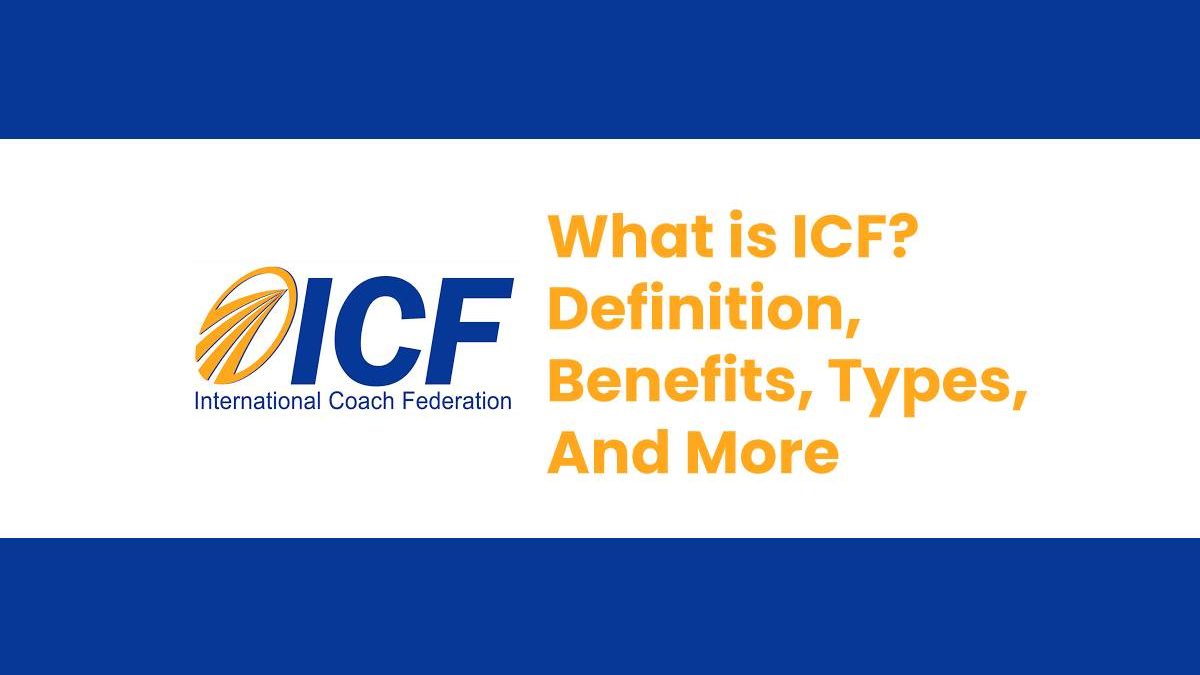Table of Contents
Definition ICF
The International Coach Federation is a nonprofit organization dedicated to professional coaching. ICF has 34,617 members in 139 countries, as of December 2019.
“Professional coaching is based on a partnership with clients in a thoughtful and creative accompaniment process that inspires them to maximize their personal and professional potential.”
An ICF coach agrees to put the ICF Key Competencies into practice and to abide by the Code of Ethics. A professional coaching relationship exists when coaching establishes an agreement (including contracts) that defines the responsibilities of each party.
To clarify the roles in the coaching relationship, it is generally necessary to distinguish between the client and the sponsor. In some cases, where customers and sponsors are the same, we refer them as the customer. However, for identification purposes, ICF defines these roles as follows:
Client
The «client/coachee» is any person who receives coaching.
Sponsor
The “sponsor” is the entity (including its representatives) that pays for and manages the coaching services. In all cases, the coaching service contracts should establish the rights, roles, and responsibilities for both the client and the sponsor, if they are different people.
Student
The “student” is a person who enrolls in a training program for coaches or else who works with a supervisor or mentor coach to learn the coaching process and also to improve and develop their coaching skills.
In each session, the client chooses the topic of conversation while the coach listens and contributes with observations and questions. This interactive method creates transparency and motivates the client to act. Coaching accelerates the advancement of the client’s objectives by providing greater focus and awareness of their choices. Coaching then takes the client’s current situation as a starting point and focuses on what the client is willing to do to get to where he or she would like to be in the future, being aware that all results depend on the client’s intentions, choices, and actions. , backed by the effort of the coach and the application of the coaching method.
Coaching philosophy according to the ICF
The International Coach Federation (ICF) adheres to the principles of a form of coaching that honors and respects the client like the most excellent expert in their personal and professional life and believes in each client as a creative, complete and resourceful being.
Based on this foundation, the coach’s responsibilities are
- Discover, clarify and define what the client wants to achieve
- Stimulate customer self-discovery
- Create solutions and strategies generated by the client
- Maintain a responsible and consistent attitude in the client
Here are some of the benefits of coaching
- Develop our capacities and strengths.
- Gain in efficiency and enjoy things more.
- Make decisions with awareness, knowledge, arguments, and values.
- Trust in ourselves.
Benefits for ICF
- Quickly and efficiently consolidate new promotions or assignment changes.
- Promote the loyalty of internal talent.
- Integrate methodology that multiplies people’s capacities.
- Innovate in processes or management models.
- Boost business results.

